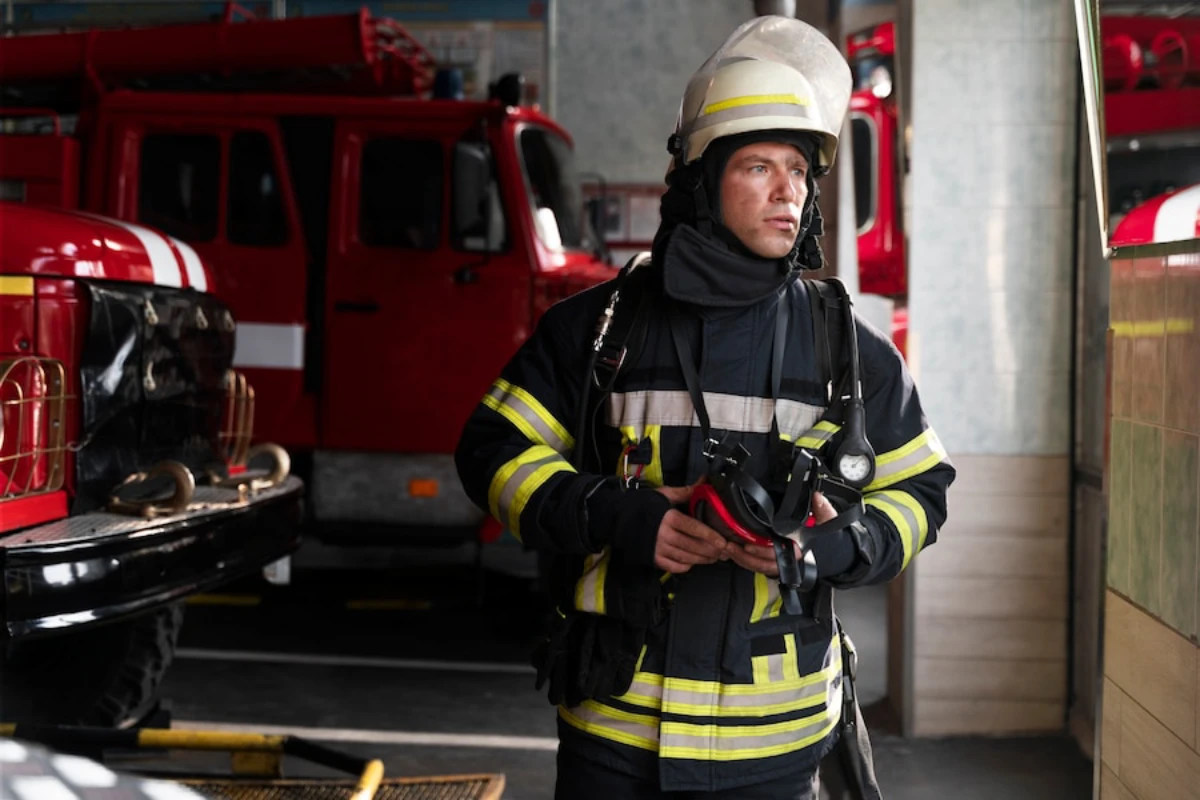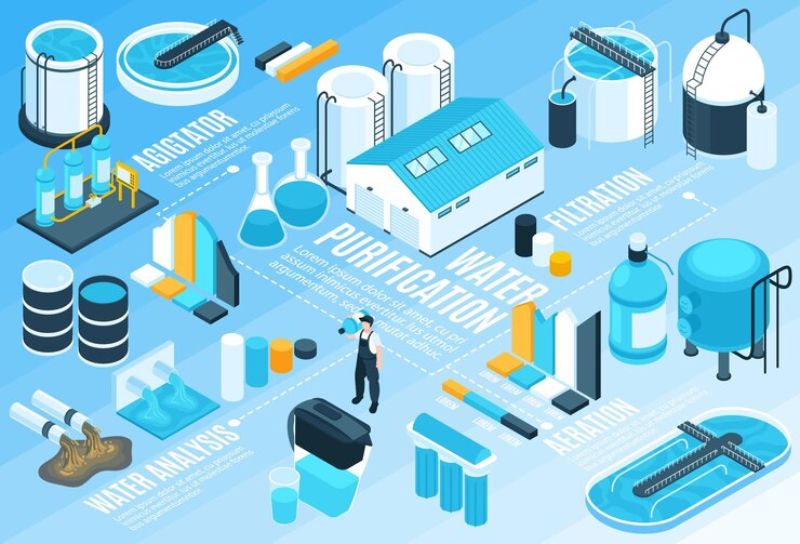Table of Contents
- Understanding the Role of a Fire Service Professional
- The Importance of Education and Training
- Essential Skills for Firefighters
- Navigating the Path to Certification
- Finding Job Opportunities in the Fire Service
- The Challenges Faced in the Fire Service
- The Rewards of a Career in Fire Service
- Continuous Learning in the Fire Service
Understanding the Role of a Fire Service Professional
Being a fire service professional goes beyond responding to fire alarms. It stands for a dedication to protecting people and property while taking proactive steps to avoid calamity. These individuals must quickly adapt to varying situations, whether a raging fire or a simple rescue operation. This dynamic role is critical in maintaining public safety, especially in regions with high fire risks. For individuals asking, “How do I become a firefighter in Texas,” recognizing the profound impact firefighters have on their communities is often the essential first step in this rewarding journey.
The significance of fire services cannot be overstated, as firefighters provide not just immediate crisis response but also long-term education on fire safety practices. This includes working with local schools and community centers to instill a culture of prevention. With the support of resources like the U.S. Fire Administration, these efforts can help make a tangible difference. By tackling fires and various emergencies, these heroes live a life of purpose and professionalism, ensuring public safety remains a priority.
The Importance of Education and Training
Education is crucial for a successful career in fire service, with many pursuing fire science or emergency services degrees post-high school. These programs provide essential knowledge on fire behavior, equipment usage, and emergency medical care. Accredited fire academies offer rigorous training that combines academic study with realistic simulations, preparing candidates for various scenarios, from basic fire suppression techniques to advanced rescue operations. These programs emphasize the importance of continued education to ensure firefighters use the latest equipment and methodologies proficiently.
Essential Skills for Firefighters
Skills acquisition is pivotal when entering the fire service industry. Physical prowess is crucial as firefighters carry heavy equipment and navigate challenging terrains during missions. Routine fitness tests and training ensure they meet the necessary physical standards. Their fitness is not solely about strength but agility, endurance, and resilience.
Beyond physical attributes, possessing strong problem-solving skills is vital. Firefighters must make quick decisions that can alter the course of an operation. Effective communication is equally essential, as precise information transfer between team members can save precious time. This and the ability to work under pressure form a comprehensive skill set for any fire service professional. Teamwork is the linchpin of all successful firefighting efforts, as no firefighter battles blazes alone.
Navigating the Path to Certification
Certification is crucial for aspiring fire service professionals, as they validate skills and knowledge needed in high-stakes environments. States offer certification exams, including written tests and physical assessments, to ensure candidates are technically sound and physically ready, like Texas’ state-specific requirements.
Certification processes vary by state, necessitating an understanding of local regulations and requirements. Prospective firefighters can leverage resources such as the National Fire Protection Association (NFPA), which provides detailed information on codes and standards critical to the fire service realm. By remaining informed of these standards, candidates ensure compliance and enhance their professional credibility across different jurisdictions.
Finding Job Opportunities in the Fire Service
To secure a fire service job, search for openings on public service job boards, websites, and community notices—network with professionals to learn about job openings and organizational cultures. Participate in firefighting seminars and career fairs to connect with professionals and hiring representatives. Tailor your applications to highlight relevant skills, experience, and certifications to increase your chances of being invited for interviews and stand out in a competitive workforce.
The Challenges Faced in the Fire Service
Firefighting is a demanding profession that demands physical and mental resilience, requiring constant exposure to extreme conditions, dangerous substances, and traumatic incidents. The emotional strain of high-stakes scenarios and daily tragedy can significantly impact mental health. Developing coping mechanisms and utilizing support systems like colleagues, mental health professionals, and stress management workshops are crucial for maintaining a long and healthy career in this field and preventing burnout.
The Rewards of a Career in Fire Service
Despite the hardships, a firefighter’s life is enriching. Protecting people and property and giving back to the community give the profession a deep feeling of purpose and personal fulfillment. Witnessing the immediate impact of their work, whether saving lives or preserving significant real estate, brings unparalleled fulfillment.
Opportunities for career growth and specialization offer additional incentives. Within the profession, firefighters can pursue roles in hazardous materials handling, fire investigation, or public education. These pathways enhance their expertise and diversify their career trajectory, offering endless personal and professional development possibilities.
Continuous Learning in the Fire Service
Continuous education is integral to a successful fire service career. Regular training ensures professionals stay updated with innovations and advancements in firefighting technology, procedures, and safety standards. Workshops, certifications, and advanced courses are key elements of professional development. Firefighters must remain lifelong learners, adapting to technological shifts, embracing new methodologies, and being open to new knowledge. Whether tackling new firefighting gear or understanding modern building materials, ongoing learning prepares them for future challenges, ensuring they remain instrumental in safeguarding public safety.




